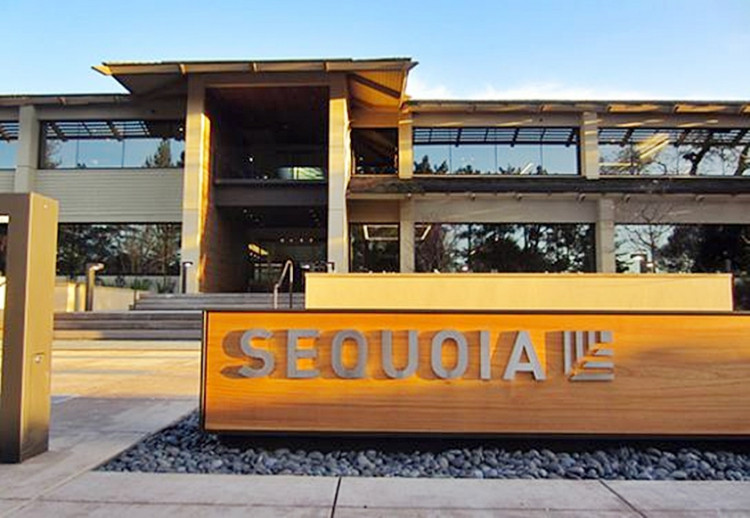A growing number of American venture capital (VC) firms - some founded by Chinese-Americans - are boosting investment capital in a bid to buy into Chinese start-ups that might go unicorn with a little help from their investments.
These VCs have significantly increased investment targets for their new funds as they strive to grow their assets under management. Combined, these VCs have a war chest of more than $4.4 billion in new capital that seems mostly destined for Chinese start-ups, especially those in tech.
Among the American VCs with new money headed for China are GGV Capital, DCM Ventures and Matrix Partners China, according to the U.S. Securities and Exchange Commission (SEC). Then there's a Shanghai-based Qiming Venture Partners, which calls itself the investor of choice for top entrepreneurs in China.
These four start-ups are among the only survivors of an initial VC wave that swept into China over the past two decades in search of start-ups they could mine for talent and profit. They today join other more established VCs in China such as Kleiner Perkins, DFJ and Sequoia Capital.
Founded in 1972, Kleiner Perkins is one of the largest and most established VCs in the world. DFJ is a 33-year-old firm and one of the top investors in billion-dollar start-ups. Also founded in 1972, Sequoia Capital has invested in companies that are now worth $1.4 trillion in combined stock market value. All three are based in California, as are GGV Capital, DCM Ventures, and Matrix Partners China.
GGV Capital, which has total assets under management of $3.8 billion, has registered $1.8 billion in new funding with the SEC. Qiming Ventures has amassed $900 million for its latest funding round. Matrix Partners China and DCM Ventures will pour up to $750 million in new investments.
All these VCs are drawn to China by the massive size of the opportunity that exists in this country. Analysts said these firms draw encouragement from the recent success of Japan's SoftBank, which has over $100 billion available through its venture capital fund named Vision Fund. Sequoia Capital is making $9 billion available through its new investment vehicle.
The continuing existence of a low-interest rate regime in China and most countries in the West means investors remain eager to commit vast sums to back-up promising start-ups, especially those in emerging technologies. Chinese VCs are also intent on capitalizing on the still growing tech market since China's central government plans to make China a world leader in advanced technologies.





